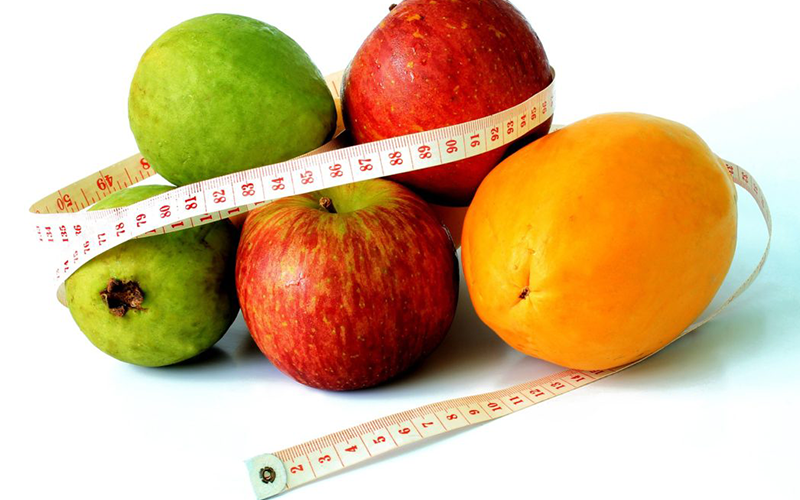
With continuing advances in research, science continues to shine light on important aspects of the relationship between the human body, its nutritional needs, and changes in weight. Up until very recently, the accepted idea was that the body requires a certain number of calories a day. Exceeding that set number would lead to weight gain, and failing to meet the number would lead to eventual weight loss. This was believed to be true regardless of where those calories came from.
Most recently, however, scientists have begun to suggest that the picture we have looked at for so long may not be completely true. In fact, it may need some adjustment. Break-through research is now looking at how different types of calories affect the body in terms of weight gain and overall health. At Brandon Weight Loss, we find this research to be important to share with all of you working hard to meet your weight loss goals or to simply maintain your weight.
As it turns out, what we eat may be as important (if not more than) as how much we eat. Some calories do us better, be it for overall health maintenance or for weight loss. Generally speaking, there are “empty” calories and “full” calories. Empty calories are those that do not burn very efficiently and are found in highly processed foods, such as white flour foods, white rice, and junk food in general. Full calories are those that burn efficiently and give the body a good source of energy, keeping a person full for longer and providing more nutrients. Examples include whole grains, vegetables, and fruits.
For the sake of body nutrition, more effective weight loss, and calorie burn, it is safe to say then that 100 calories of white bread is not equivalent to 100 calories of whole grain bread. The latter is better and burns more efficiently.
Research now suggests that the body treats calories from highly processed foods differently than it does calories from less processed foods. When highly processed foods are consumed, the body instantly raises its blood sugar and insulin levels. It also more easily retains fat and prevents fat burn. Consuming less processed “full” calories leads to less of an increase in blood sugar and insulin levels. It also allows the body to favor fat burn over retention, thus making a difference in what the body chooses to burn when it needs energy.
On the whole, carbs can be compared in terms of their score on the glycemic index. High glycemic foods are those that lead to blood sugar and insulin spikes. Low glycemic foods do not. They are the foods that researchers are pointing at as being better to consume. Why is this more significant than when experts merely suggested eating some amount of whole grains, fruits, and vegetables a day?
Current research is suggesting that consuming more low GI foods and less high GI foods may lead to greater daily caloric burn by someone’s body. Diets that are low in carbs seem to lead to more calorie burn than even a low GI diet, but they are difficult to sustain. In addition, a low carb diet eventually has negative effects on the body’s insulin resistance, triglycerides, and cholesterol levels.
As a result, researchers are suggesting that sticking to a low glycemic diet is currently the best option for weight loss (and health in general). It does not cut out any food groups, follows the science that the type of calorie matters, and does lead to greater calorie burn than would a low fat or low carb diet. Additionally, it probably provides the body with more filling food and a greater abundance of necessary nutrients.
More simply, and possibly more doable for many, the idea is to lean towards the least processed carbs when selecting food. These foods rate lower on the glycemic index. They help to meet nutritional needs, lead to more efficient use of calories, and allow for greater calorie burn.
As always, more information and specifics can be found at Brandon Weight Loss. Ask your weight loss coach today about how to ease into a less-processed diet without sacrificing what you love!

